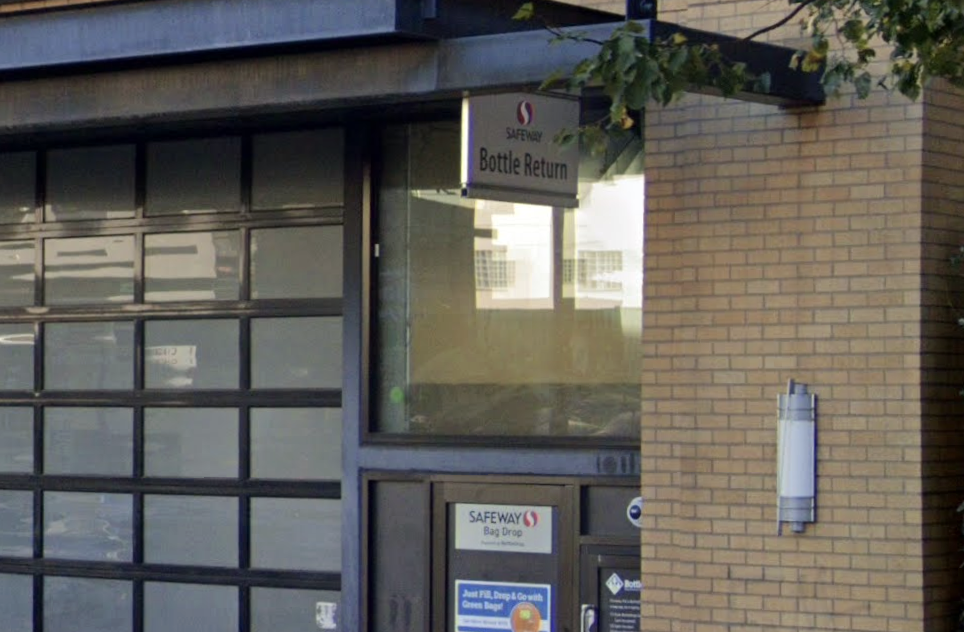PORTLAND, OR -- Two downtown Portland bottle redemption locations are now closed, in an effort to curb fentanyl sales and use. The sites inside a Safeway and a neighboring Plaid Pantry convenience store won’t accept bottles and cans for the month of March.
Mike Myers, the city’s fentanyl emergency incident commander, says the two locations were identified as fentanyl hot spots, "It only takes a handful of bottles or cans to be traded in for cash, to be cycled right back to purchase fentanyl and keep the cycle going." He says officials will study whether the closure has an impact, "It’s a trial. We want to see what’s going to happen; we want to do some assessment here, whether it’s going to work or not. But we do think the suspension may help stop some of the activity right there in that location." He added, "We will need to assess it every day, if it’s having positive impacts. If there are negative impacts, we will look at that as well."
Officials involved in Portland's tri-government fentanyl emergency have said they want to create a model other regions can use to respond to the fentanyl crisis. So, could we see bottle redemption center closures elsewhere?
Mark Pettinger, with the Oregon Liquor and Cannabis Commission, says they've suspended enforcement of the Bottle Bill for those two locations, similar to what happened during the COVID-19 pandemic. But there can be unintended consequences, "There are a number of people who do rely on returning those cans and bottles as a means of survival - and not necessarily just to buy drugs, but to purchase food and other items in order to survive because they may be unhoused."
He notes the OLCC and Oregon Beverage Recycling Cooperative, who manages Bottle Drop locations, are aware of problems and complaints at numerous sites around teh state, "When we have these flare-ups, or these concerns, we work with OBRC and the various city and/or county officials to try and put in place solutions to mitigate whatever the problem is."
The OLCC and OBRC are collecting information during the 30-day closure, "Is there a ripple effect? Or is there a ‘whack-a-mole’ effect? Is the problem going to move just from one location to another? And with some data, then, I think there can be some more informed decisions about how to handle all of this activity," says Pettinger, "It will certainly give us some data to begin to make some data-driven decisions. Whether or not that can be extrapolated and applied to other parts of the state, [it's] too early to say."




